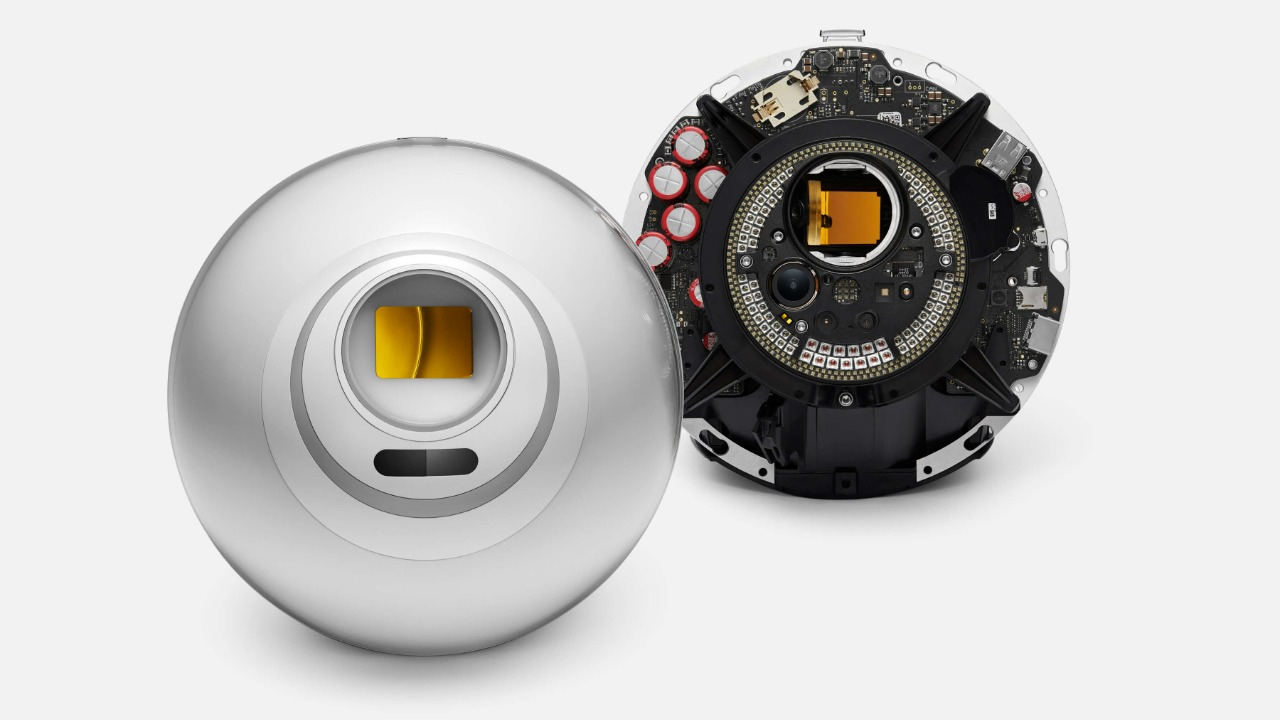BRUSSELS, July 31, 2023 – The European Union’s proposed regulation of artificial intelligence (AI) is sparking debate, with some experts arguing that it is too restrictive and others saying that it is not strict enough.
The proposed regulation, known as the AI Act, would classify AI systems according to their risk level and impose different requirements on each category. High-risk AI systems, such as those used in healthcare or finance, would be subject to the most stringent requirements.
This proposed regulation also aims to classify AI systems based on risk levels.
Anticipated to be adopted by Early 2024, the AI Act has garnered diverse reactions.
Critics of the AI Act say that it is too restrictive and could stifle innovation. They argue that the requirements for high-risk AI systems are too onerous and that the definition of high-risk is too broad.
Nick Laird, CEO of the Association for the Advancement of Artificial Intelligence, has said that the AI Act is “a bureaucratic nightmare that will be impossible to enforce.” He argues that the regulation was too strict and will make it more difficult for companies to develop and use high-risk AI systems.
However, some other experts have said that the AI Act is not strict enough and that it does not do enough to address the risks of AI, such as bias and discrimination. They say that the regulation should be more stringent and that it should include additional safeguards to protect users.
Gary Marcus, an American computer scientist and author, said that the AI Act is “not strict enough and does not do enough to address the risks of AI.”
He argues that the regulation does not go far enough to protect users from the potential for bias and discrimination in AI systems.
Supporters of the AI Act argue that it is a necessary step to ensure that AI is developed and used in a safe and ethical way. They say that the regulation will help to protect users and citizens from the risks of AI, such as bias and discrimination.
“It is a landmark piece of legislation that will help to ensure that AI is developed and used in a safe and ethical way,” Margrethe Vestager, European Commission Vice-President for a Europe Fit for the Digital Age said.
She argues that the regulation is important to protect users and citizens from the risks of AI.
Timnit Gebru, the former Google AI researcher, has also said that the AI Act is a necessary step to ensure that AI is used for good and not for harm.
She argues that the regulation will help to prevent AI from being used for discriminatory or harmful purposes.
Max Tegmark, an American physicist and artificial intelligence researcher, has said that the AI Act is a balanced approach that will both promote innovation and protect users. He argues that regulation is important to get it right, as AI has the potential to transform our lives for the better.


